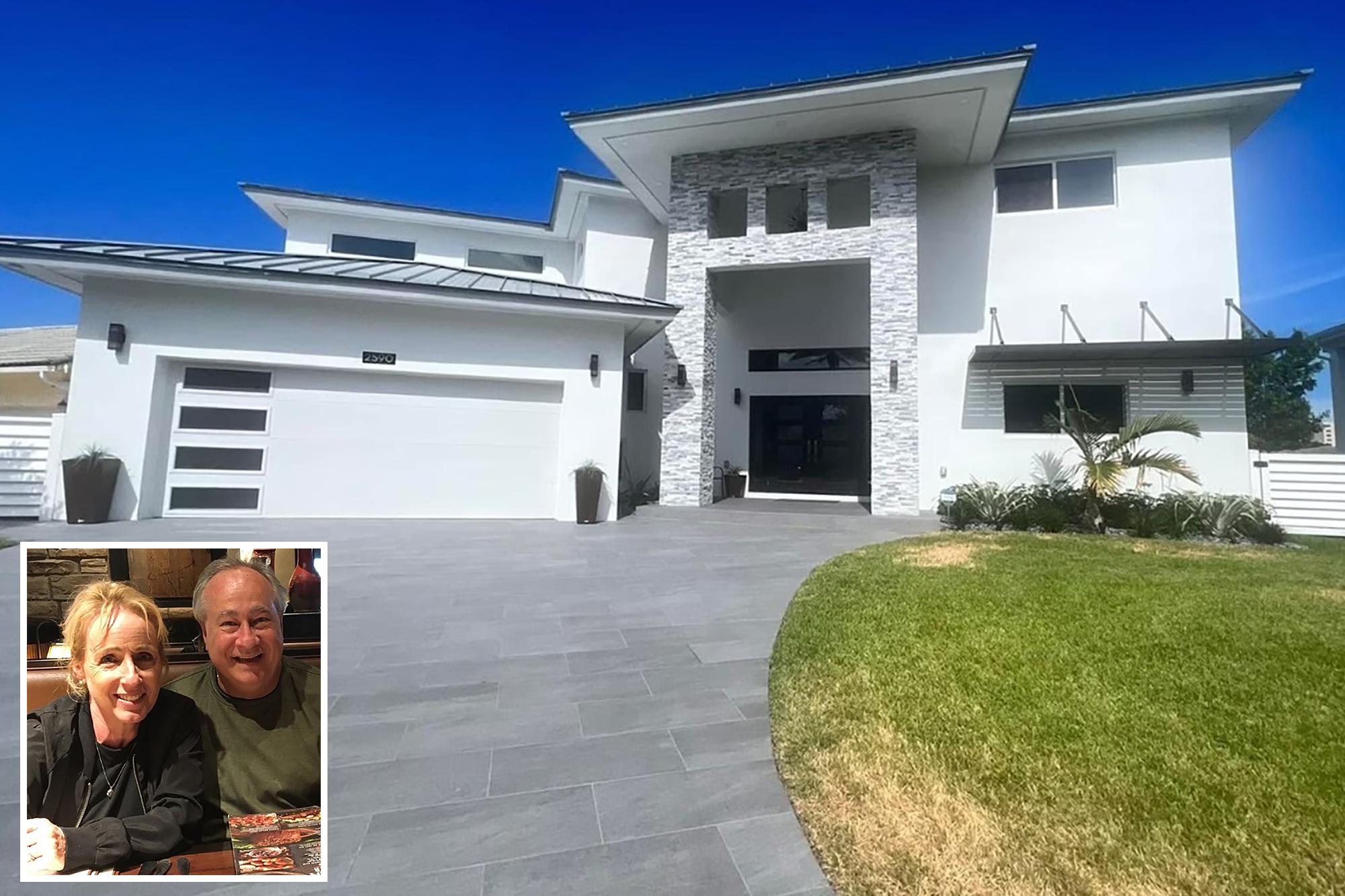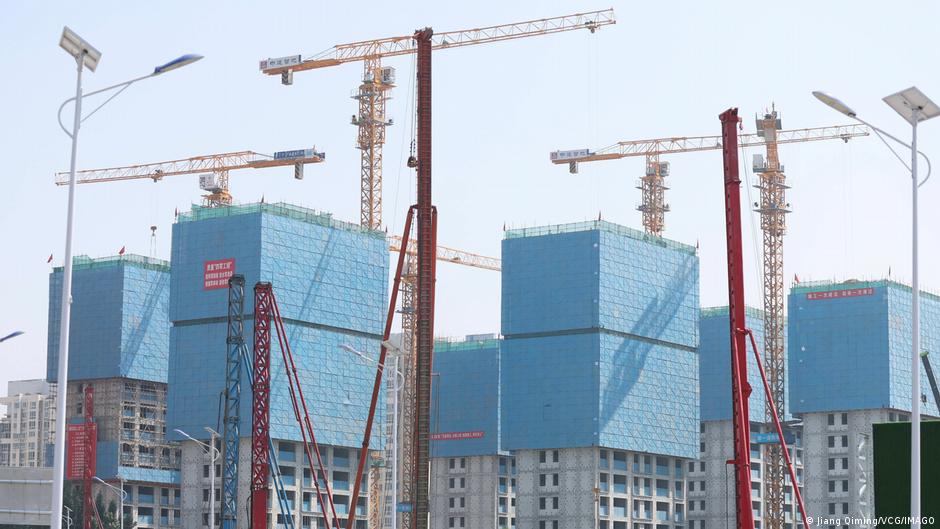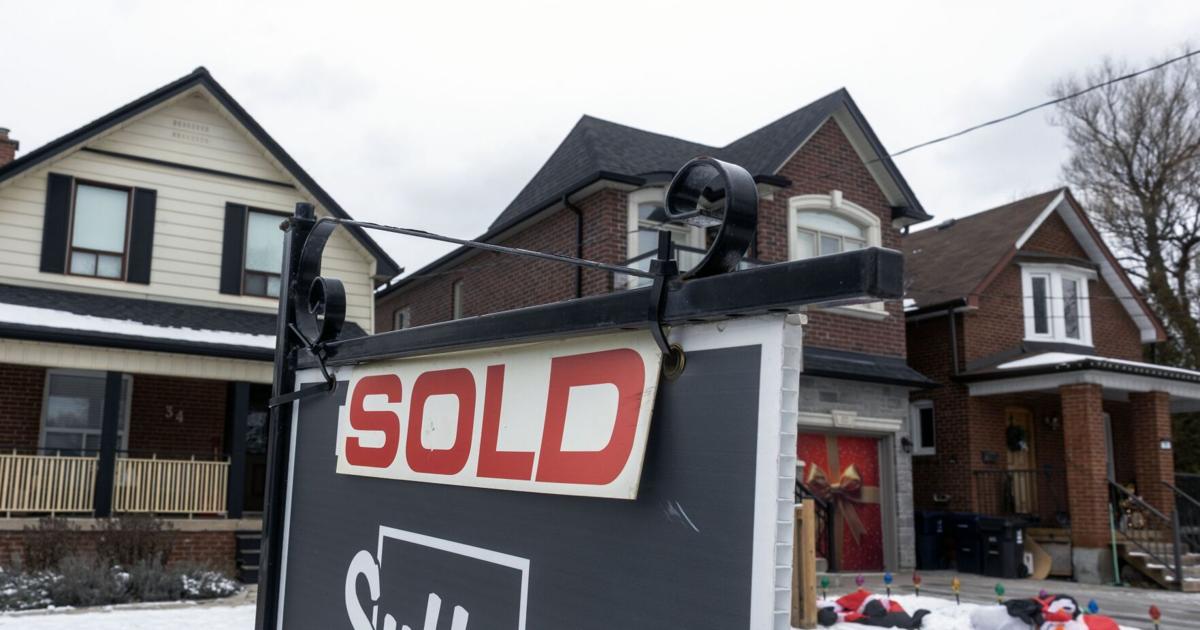W
alter and Debbie Priebe thought they were doing the right thing when they renovated their Pompano Beach, FL home in 2021. The house, which they purchased from Walter's father in 2002, needed serious repairs - termites infested the walls, and the roof was failing. But more than that, it held deep emotional value: Their late son had done the plumbing himself, and the home is set on the water with a seawall and boat lift.
The Priebes decided to renovate with the future in mind, fixing the roof and adding a second story to make space for aging in place while preserving the structure's sentimental roots. Debbie, who worked as a real estate attorney for nearly 25 years, anticipated that their property taxes might increase. But when the final tax bill arrived in 2023 after construction was complete, their taxes had skyrocketed from $15,000 a year to more than $90,000 - six times their previous bill and nearly double what they had estimated.
The reason for the massive increase? Their remodel had triggered a full reassessment of the property's value, driven by high demand for homes in their neighborhood. While the Priebes bought the home in 2002 for $650,000, it was now assessed at over $4.4 million.
At the core of the Priebes' story is a confluence of factors that have been quietly brewing beneath the surface of the housing market. Property taxes are becoming unaffordable, even for longtime homeowners who have stayed put for decades. The reassessment of their property's value was triggered by Florida law, which requires county appraisers to reassess homesteaded properties at just value after substantial improvements are made.
The Priebes had hoped that their renovations would preserve their Save Our Homes and homestead exemptions, but the county appraiser deemed the home substantially improved. They fought the valuation using contractor invoices, appraisal documentation, and historical records of improvements, but ultimately lost.
Their case highlights a broader issue: Property taxes are becoming unaffordable for many homeowners, even those who have stayed in their homes for decades. The COVID-19 pandemic brought in a surge of out-of-state buyers paying record-setting prices for Florida homes, driving up market values and property taxes.
In 2002, when the Priebes bought their home for $650,000, 37% of home transactions were purchased with all cash. By 2023, that number had risen to 62% in their ZIP code, according to Realtor.com data. Big-budget buyers are driving up home sale prices and property taxes, making it difficult for homeowners like the Priebes to afford their tax bills.
Florida Gov. Ron DeSantis has expressed support for eliminating property taxes altogether, but such a change faces steep hurdles. Property taxes are the single largest source of revenue for local governments, funding essential services like public schools, first responders, and infrastructure. For families like the Priebes, relief can't come soon enough.
"We weren't doing this for money," Debbie says. "We did this to try to preserve our home and stay in order to retire here." Their $90,000 annual tax bill may ultimately prove too much to bear, but they're holding out hope that momentum around reform might arrive in time to help them stay in the home they've poured decades of love and savings into.














